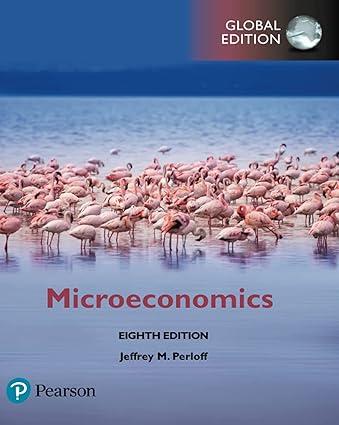In April 2011, the European Commission found Procter & Gamble, Unilever, and Henkel, the leading producers of
Question:
In April 2011, the European Commission found Procter \& Gamble, Unilever, and Henkel, the leading producers of washing powder in Europe, guilty of operating a cartel from 2002 to 2005 in eight European Union countries to stabilize market positions and coordinate prices. Henkel received immunity for revealing the cartel to the Commission, and the other two companies were fined \(€ 315.2\) million. In spring 2016, the Australian Competition and Consumer Commission (ACCC) found Colgate-Palmolive and Woolworths guilty of conspiring to control the price of laundry detergents from 2009 to 2013 for the purpose of substantially lessening competition in the market for the wholesale supply of powdered and liquid laundry detergent products for domestic use. Two other companies, Cussons and Unilever, were also involved. This time Unilever received immunity for revealing the cartel. Colgate-Palmolive and Woolworths were fined over \(\$ 35\) million. The federal court case against Cussons began in June 2016. What are the main factors that increase the likelihood of a cartel being successful and which of them was weak in these two cases?
Step by Step Answer:






